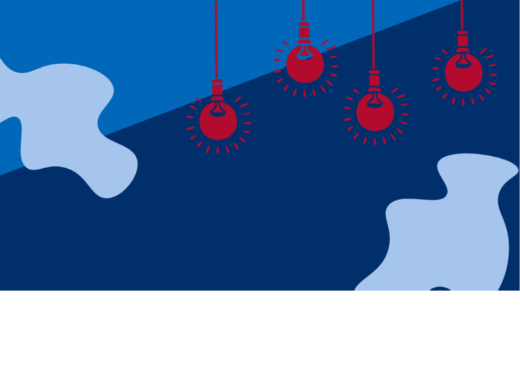Highlights of RWSN's projects, partnerships and knowledge products
Financial Innovations for Rural Water Supply in Low-Resource Settings
 Financial Innovations
© 2023 Aquaya • Aquaya
Financial Innovations
© 2023 Aquaya • Aquaya
Project starts:
Project finished:
Collaborators & Partners: REAL-Water consortium members: The Aquaya Institute, Aguaconsult, the Kwame Nkrumah University of Science and Technology (KNUST), the Skat Foundation’s Rural Water Supply Network (RWSN), Safe Water Network, and Water Mission.
Funder: USAID
Summary
Millions of people in rural areas of low- and middle-income countries still lack access to basic water services. In fact, as of 2020, the majority of people without basic water services lived in rural areas. The United States Agency for International Development (USAID) Rural Evidence and Learning for Water (REAL-Water) program is working to address this issue by identifying ways to expand water access and safety in rural areas.
One of the challenges of providing rural water supply financing is that the populations are smaller, more dispersed, and poorer than their urban counterparts. This may reduce opportunities for economies of scale and complete cost recovery. To overcome these challenges, the REAL-Water program is focusing on identifying innovative and promising financing or funding mechanisms that can be used in small villages and dispersed settlements.
Project Description
This report outlines several innovative financing mechanisms that show potential for benefits exceeding the status quo. These mechanisms include:
Village Savings for Water
Digital Financial Services
Water Quality Assurance Funds
Performance-Based Funding
Development Impact Bonds
Standardized Life-Cycle Costing
Blending Public/Private Finance
Perspectives
Reflecting the aims of the REAL-Water program, the report prioritized compelling concepts that could feasibly expand safe water services in rural areas of low- and middle-income countries and accelerate progress toward global goals. This compendium highlights several novel water supply financing and funding concepts for brief comparison and reference by research planners, donors, and managers involved in rural water development for low- and middle-income countries. It focuses on addressing basic needs as specified in global WASH agendas, particularly water access, notwithstanding the importance of incremental service improvements.
 Google Übersetzer
Google Übersetzer
